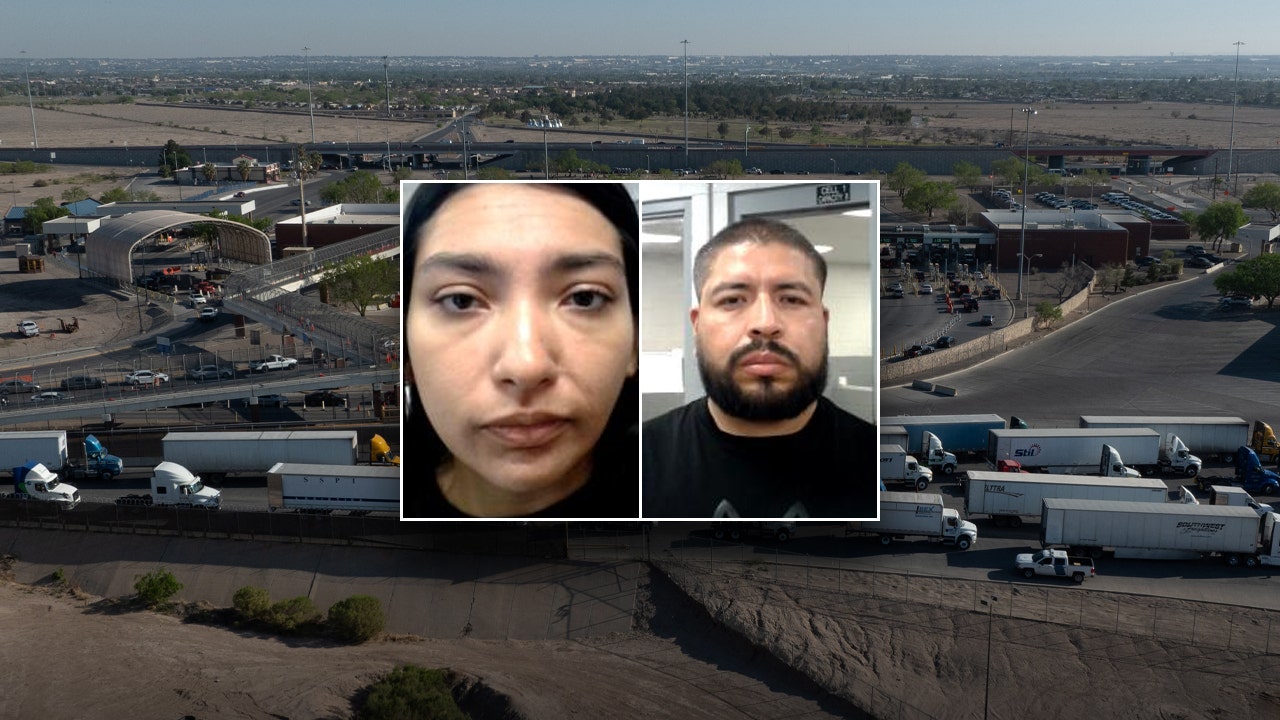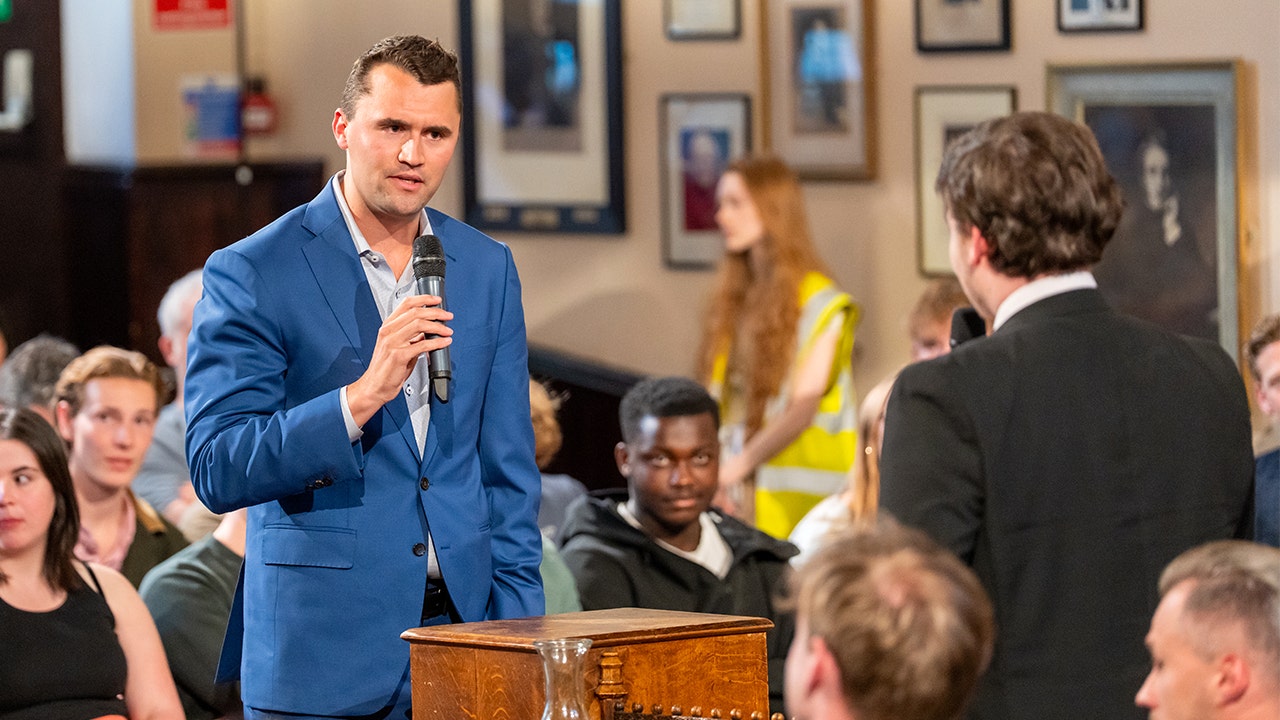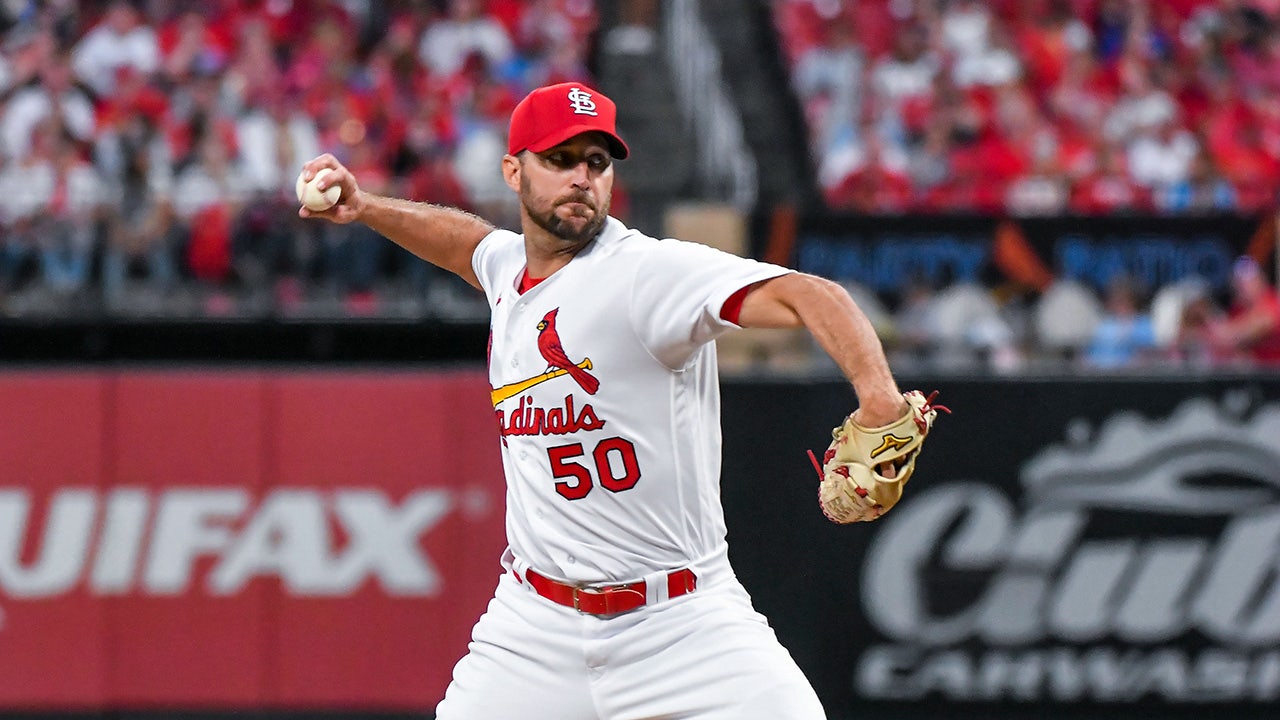No. 2-ranked Coco Gauff was noticeably off her game in her shocking first-round loss at Wimbledon on Tuesday, July 1, to unseeded Dayana Yastremska.
Gauff, 21, lost 7-6 (3), 6-1, and finished with 29 unforced errors and nine double-faults. After the match, she opened up about what went wrong, saying her French Open win last month came with a quick turnaround and left her feeling drained.
“I feel like mentally I was a little bit overwhelmed with everything that came afterwards,” she said, “so I didn’t feel like I had enough time to celebrate and also get back into it.”
Such candor is nothing new from Gauff. She has long been open about her mental health as the topic has become increasingly prominent among athletes in individual sports. In the lead-up to Wimbledon in 2024, she shared the journey she went through in the previous year alone.
“I wish a-year-ago-me could see me now. I was really in a dark place,” she said at the time. “But I think I’ve grown a lot. I’m glad I used that moment to strive to get better. The next person of the season was the best I’ve ever had. That just shows bad moments don’t last forever.”
Gauff has been in the public eye since she was a teenager, making her WTA debut at age 15. She explained how the pressures of being a young phenom had an affect on her mental health, even as she racked up tournament wins and climbed the world rankings.
“Throughout my life, I was always the youngest to do things, which added hype that I didn’t want,” she wrote in a 2020 post for Behind The Racquet. “It added this pressure that I needed to do well fast. Right before Wimbledon, going back to around 2017/18, I was struggling to figure out if this was really what I wanted. I always had the results, so that wasn’t the issue. I just found myself not enjoying what I loved.”
“I realized I needed to start playing for myself and not other people. For about a year, I was really depressed,” she continued. “That was the toughest year for me so far.”
Gauff added that she considered taking a year off from tennis to focus on her life outside of sports.
“Choosing not to obviously was the right choice, but I was close to not going in that direction. I was just lost,” she wrote. “I was confused and overthinking if this was what I wanted or what others did. It took many moments sitting, thinking and crying. I came out of it stronger and knowing myself better than ever.”
Read the full article here















